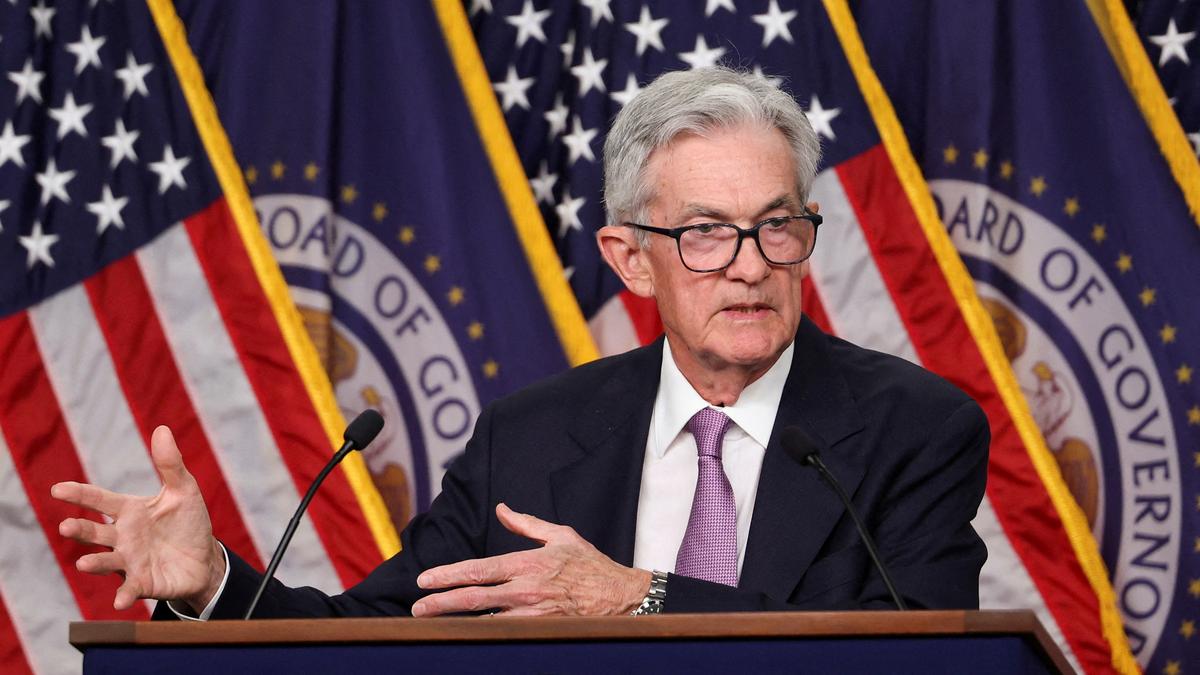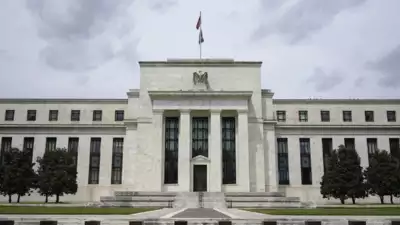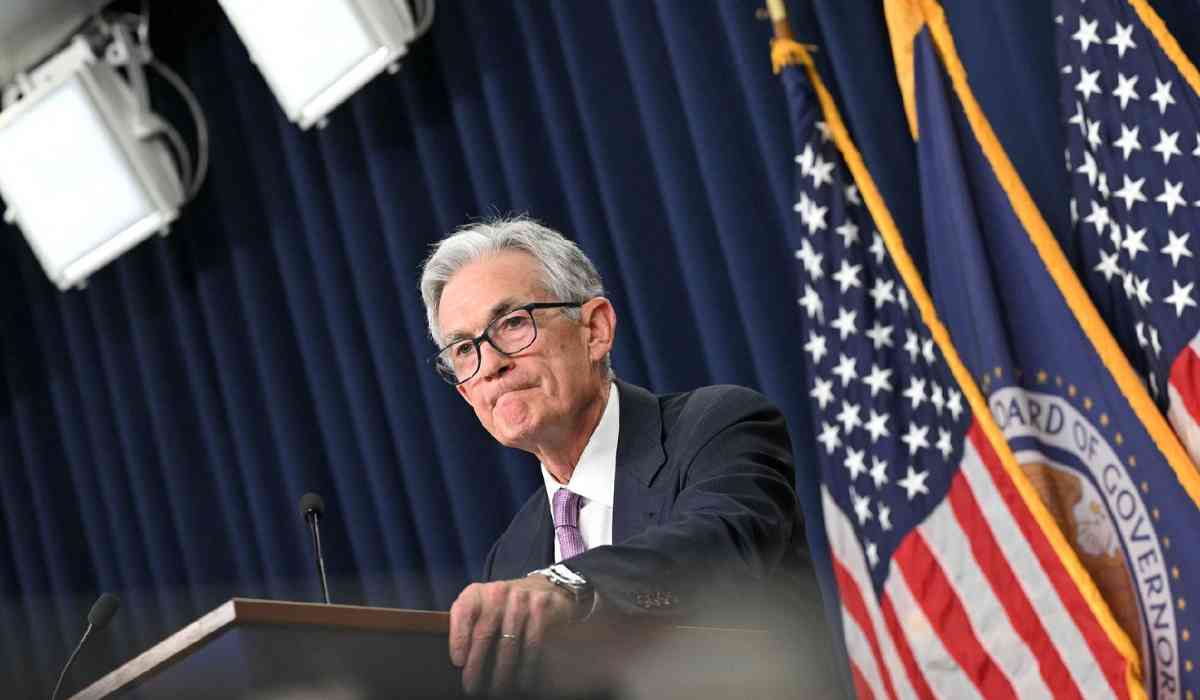Equally importantly, the U. S. Federal Reserve has lowered the benchmark lending rate by 50 bps in its first rate cut since 2020. This decision is due to the rebalancing of the world economy and cementing of the established policies regarding lingering inflationary pressures, geopolitical instability, and the effects of COVID-19 in the U. S and the global economy. When such a massive adjustment occurs, as has been done by the world’s largest economy; the United States of America, these effects are witnessed worldwide, especially in emerging markets such as India.

Global Impact:
The Fed’s rate cut could be seen as both a blessing and a curse. On the one hand, it can increase economic growth by reducing the cost of credit for both businesses and consumers.
This can lead to more investment, new jobs, and higher overall consumer expenditure in the economy. But on the flip side, it can lead to inflation since if there are many more feet on the street it means there is more money circulating in the system.
This action by the Fed is likely to force other global central banks to review their monetary policies. For instance, the European Central Bank (ECB) and Bank of Japan (BoJ) might also look forward to adjusting downwards their rates to promote competitiveness in trade and investment. We discovered that a relatively more liberal trend toward monetary easing is observable across the globe, which would entail more liquidity in the global economy that in the circumstances raise asset price levels while at the same time tending to create financial stability viewpoints.
Furthermore, this gesture by the Fed informs the world that it has altered its economic outlook and may compromise growth more than inflation at present. Though this may well assist in increasing consumer expenditures and business enterprise investments in the U. S. it posits concerns about slowing down the international economy which remains starstruck by other struggles, for instance, the Ukraine war, disrupted supply chains, and China's slowdown.

Recession Fears and the Fed's Outlook
Although the Fed has not stated that it would declare recession casualties, the rate cut indicates that the Fed has begun to worry about the conditions in the US economy. Some factors that have sparked a debate over the likelihood of a recession include the decline of economic growth, increased unemployment, and reduced consumer confidence.
A rate cut of this magnitude suggests that the Fed is increasingly concerned about the possibility of a recession in the U.S. While the official narrative from Fed Chairman Jerome Powell has been cautious, economic headwinds, including slowing GDP growth, stagnant wage increases, and softening consumer confidence, are becoming difficult to ignore. The rate cut can be interpreted as a pre-emptive measure to stave off a more significant economic downturn. Historically, the Fed has used rate cuts to stimulate borrowing and spending when the economy shows signs of slowing. Lower interest rates make it cheaper for businesses to borrow money for investment and for consumers to finance big-ticket purchases, like homes and cars. However, this strategy comes with risks—chief among them being that inflation could remain sticky, and the economy may not respond as strongly to monetary stimulus as in previous cycles. Some economists say the Fed is stuck between the bottom and the bottom: Cutting interest rates to avoid a recession will cause inflation but keeping rates steady for interest rates to remain stable or increase will reduce the damage to the economy. With the labour market showing signs of cooling and inflation still above the Fed's target of 2%, the central bank will be worried about inflation in the coming months.
Effect on the Indian Economy or its influence on the market
Fed's rate cut is likely to have a mixed impact on the market and economy of India. A weaker U.S. dollar is good for India since it means Indian exports can be sold more cheaply in the international market, thanks to its competition value enhancement nature. This will help bolster India's current account balance and lend support to the rupee.
Conversely, a softer dollar will increase the cost of imports for Indian businesses and put upward pressure on inflation. If the Fed rate cut is interpreted as a signal for an impending global economic slowdown, investor sentiment towards emerging markets such as India could be weakened further.
There are also threats, nonetheless. This inflow of capital would put upward pressure on inflation, particularly if it feeds asset bubbles in the stock and real estate markets. Additionally, India is open to further risks from global economic shocks. In case the rate cut by the Fed reflects more serious concerns related to an American and global recession, reduced demand for Indian exports, particularly in U.S.-centric sectors like IT services and manufacturing exporting, cannot be ruled out.
The Reserve Bank of India (RBI) is likely to have its own set of issues as well. If the Federal is doing it may be some pressure on RBI to fall in line too. Yet, with domestic inflation remaining a worry, the RBI will need to balance its act cautiously as it tries to contain prices without putting brakes on growth.
Conclusion
The 50-bps lending rate cut by the U.S. Federal Reserve is a very serious warning concerning global and U.S. economic troubles. While the decision may offer some immediate relief to financial markets, it also raises larger uncertainties about a recession and what this will mean for emerging nations such as India. The Fed has come to look like something of a safety net as the world deals with this economic free-fall, and when the cavalry movie is released by Powell and company, there will be plenty of global markets adjusting accordingly. This offers both opportunities and risks for India, which must be managed with the right policies to negotiate the evolving global economic architecture.
With inputs from agencies
Image Source: Multiple agencies
*The views expressed are personal to the author and do not reflect the platform's opinion of the same.
© Copyright 2024. All Rights Reserved Powered by Vygr Media.























